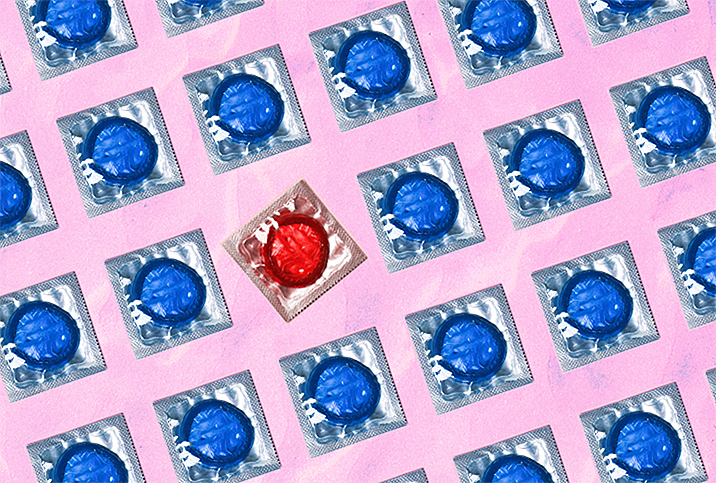The Facts About Obsessive Compulsive Disorder

People with obsessive-compulsive disorder suffer from repeated patterns of unwanted thoughts and fears that lead to repetitive behaviors, also known as compulsions.
According to the Anxiety and Depression Association of America, 2.2 million adults in the United States have OCD. The average age of onset is 19, though it can start at any time. The association also reports about one-third of adults with OCD first experienced symptoms as children.
Though the term OCD is often used casually in popular culture to describe a person who is particular about specific things, OCD is much more severe. People with the disorder often face significant distress and have trouble doing daily activities as a result.
OCD makes it difficult to get rid of unwanted thoughts or urges, leading to ritualistic behaviors or compulsions. According to the Mayo Clinic, OCD often centers around certain themes or specific phobias, such as the fear of germs. For a person with OCD, this fear may cause compulsive behavior such as excessive hand washing to the point the skin on their hands is left dry and sore. Despite the negative physical consequences these compulsive behaviors cause, the obsessive thinking about potential germ contamination can make it difficult to stop.
If you’re struggling with OCD, know you’re not alone. It’s a condition millions of Americans deal with each year. Fortunately, there are effective treatments available—so don’t be afraid to ask for help.
Understanding the symptoms of OCD
OCD causes two types of symptoms—obsessions and compulsions. However, it is possible for a person to experience only one of these types of symptoms.
So, what exactly are obsessions? Well, when it comes to OCD, they’re repeated, persistent and intrusive thoughts or urges that lead to significant distress and anxiety. Individuals with OCD often find themselves performing a ritualistic, or compulsive, behavior to cope with them.
Some common types of obsessions are centered around a fear of germs or dirt and an intense need to keep things orderly and symmetrical. Other common obsessions include the persistent thought of or urge to carry out inappropriate or aggressive behavior toward yourself or others, unpleasant sexual images and fears or doubts you forgot to do something important such as locking the doors.
Compulsions are the repetitive behaviors that people with OCD feel an intense need to perform to calm the fears and anxieties associated with their obsessive thoughts or urges. These compulsive behaviors typically only provide temporary relief from anxiety, leading to a cycle of repetition. Common compulsions include excessive washing, cleaning, organization, asking for reassurance, counting, keeping a very strict routine and more.
When should you seek help?
It’s not uncommon for people with OCD to be written off as perfectionists with a few strange quirks. However, it’s important to know it’s much more serious. OCD is a serious mental disorder where obsessions and compulsions take a toll on mental health and can make it feel impossible to carry out daily responsibilities.
Therapy and medications have proven to be effective treatments for OCD. If your OCD symptoms are negatively impacting your quality of life, don’t hesitate to reach out to your doctor or a mental health professional so you can find a treatment solution right for you.


















